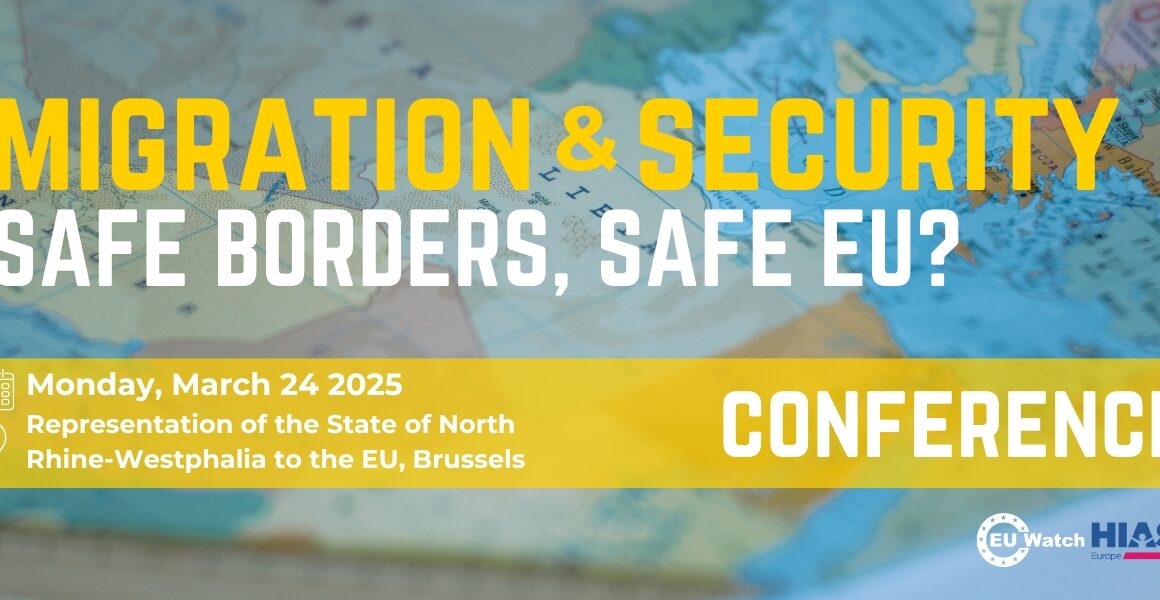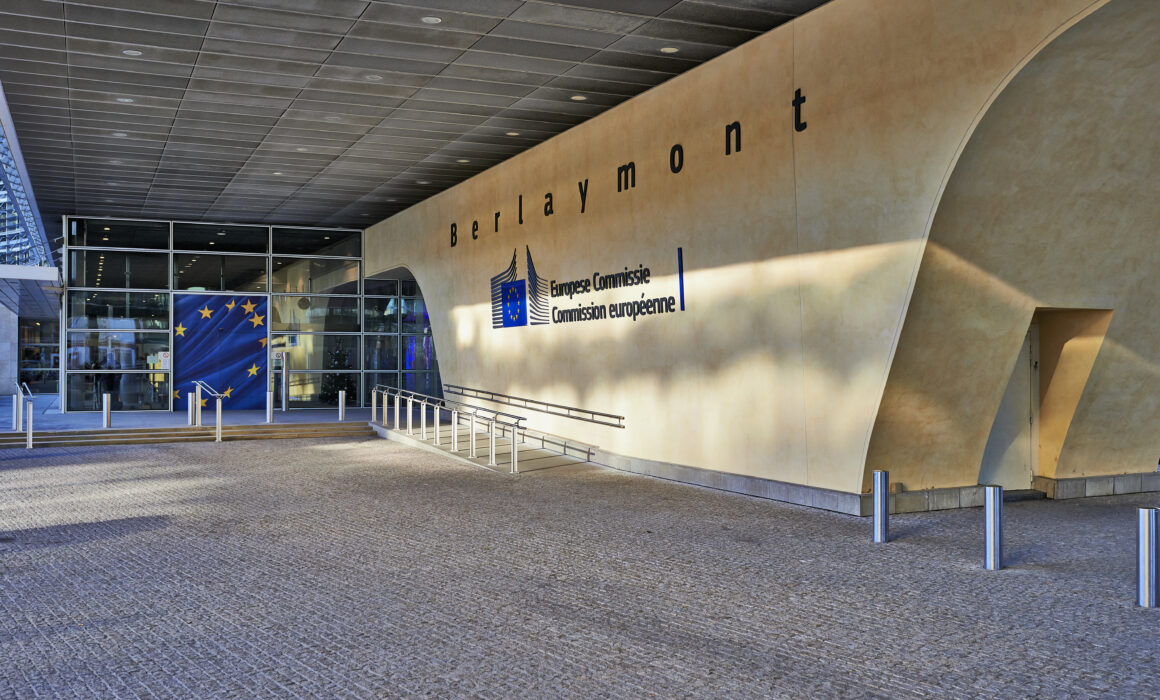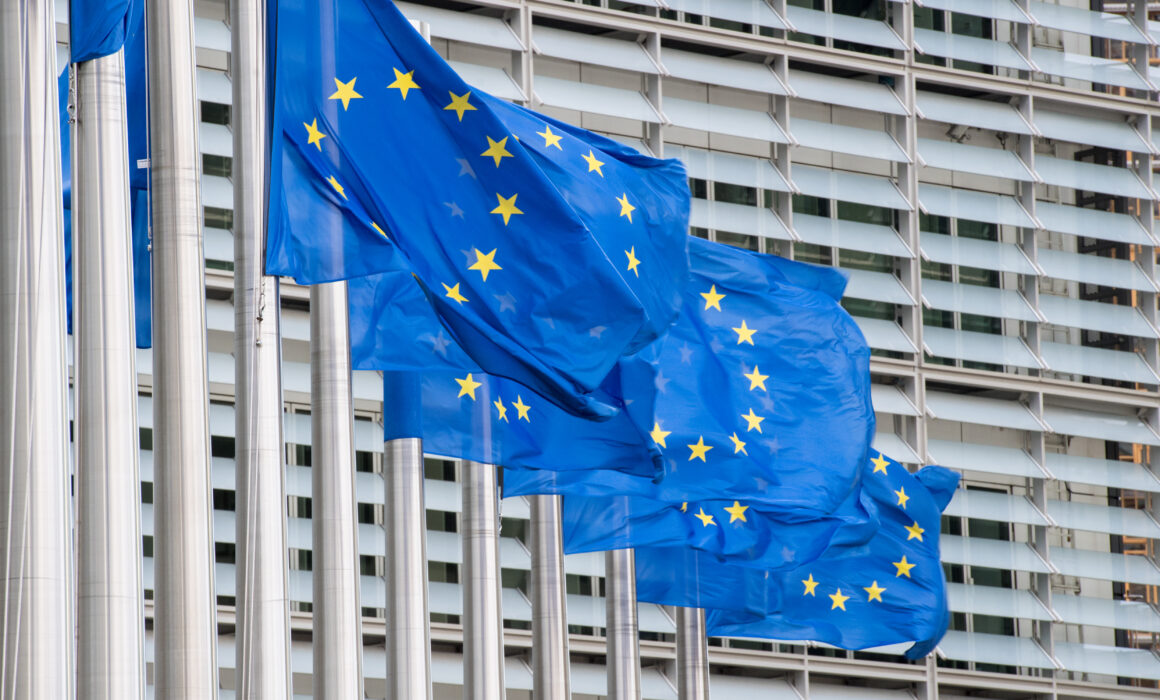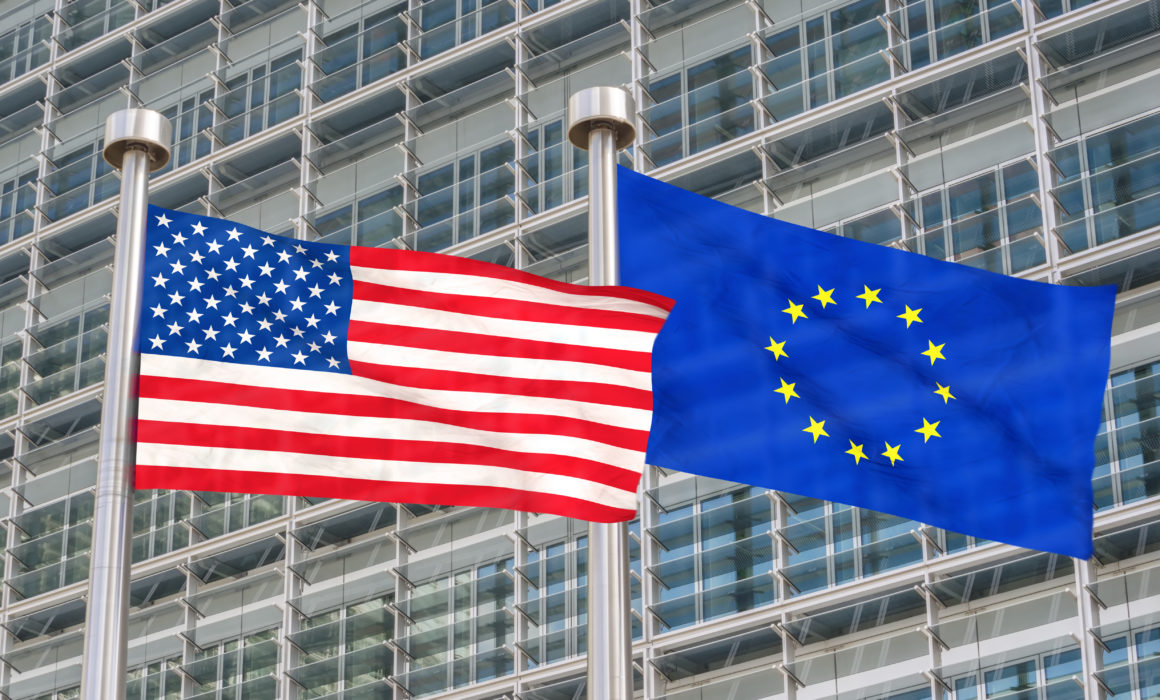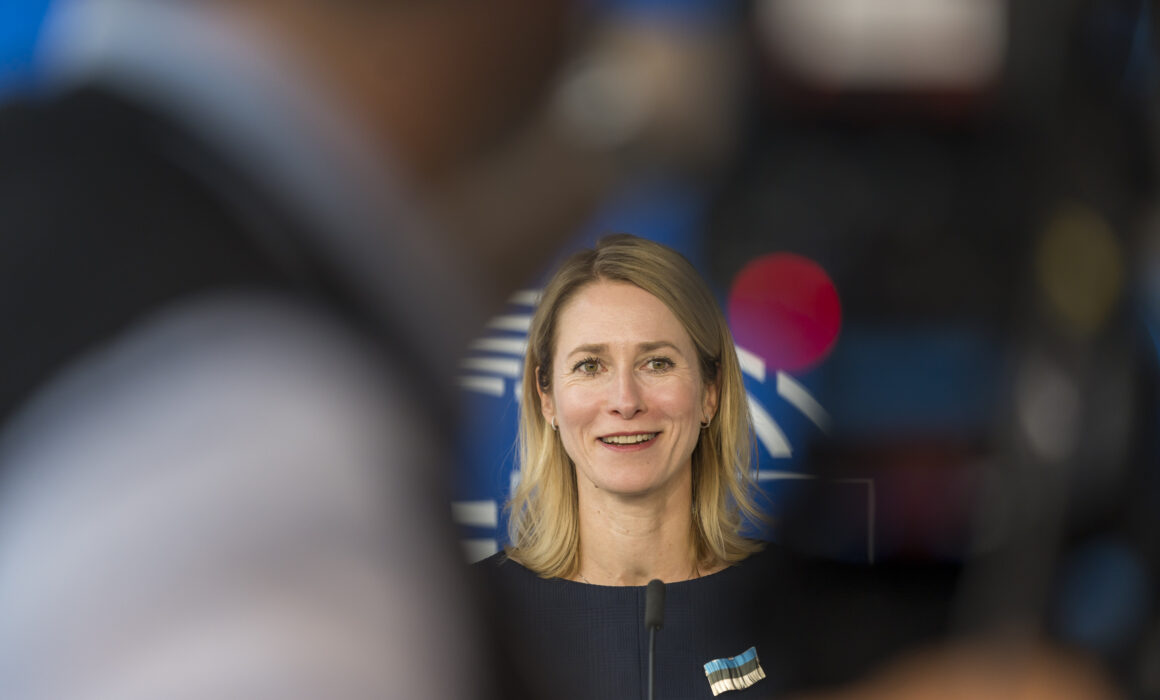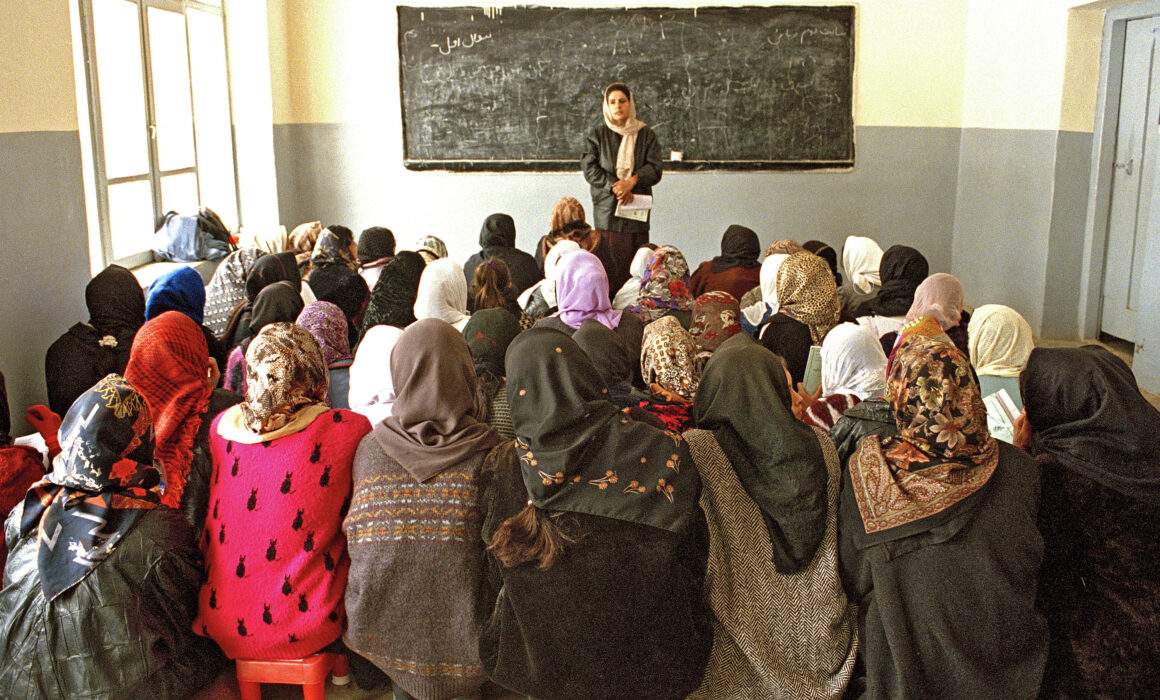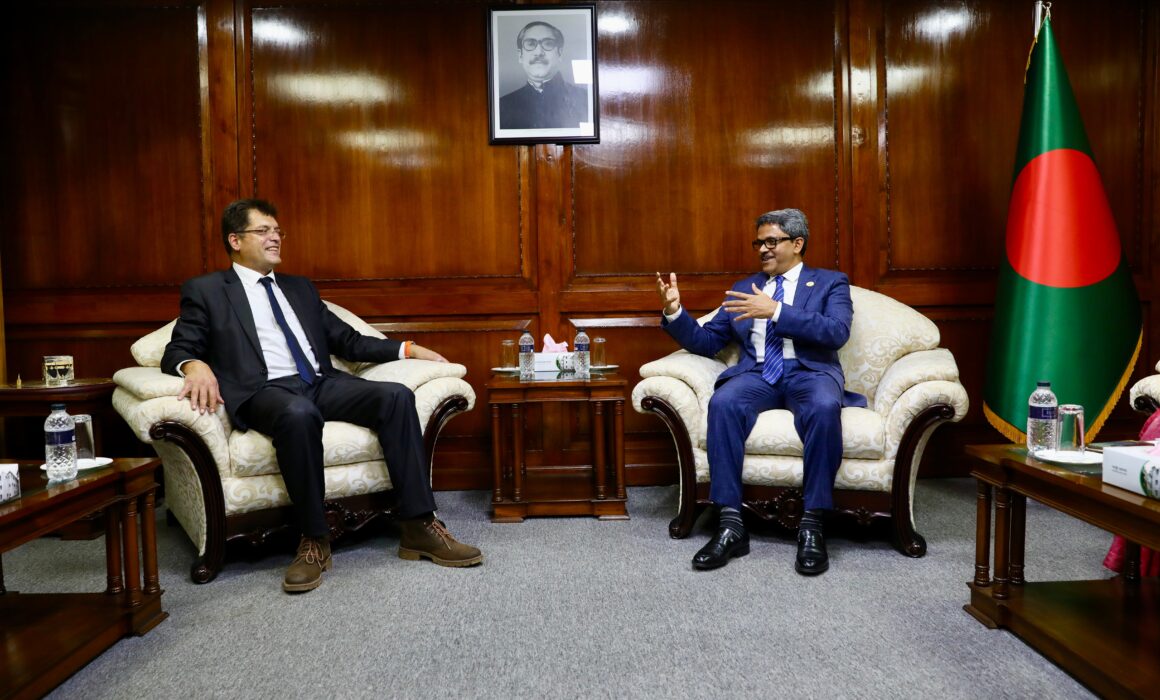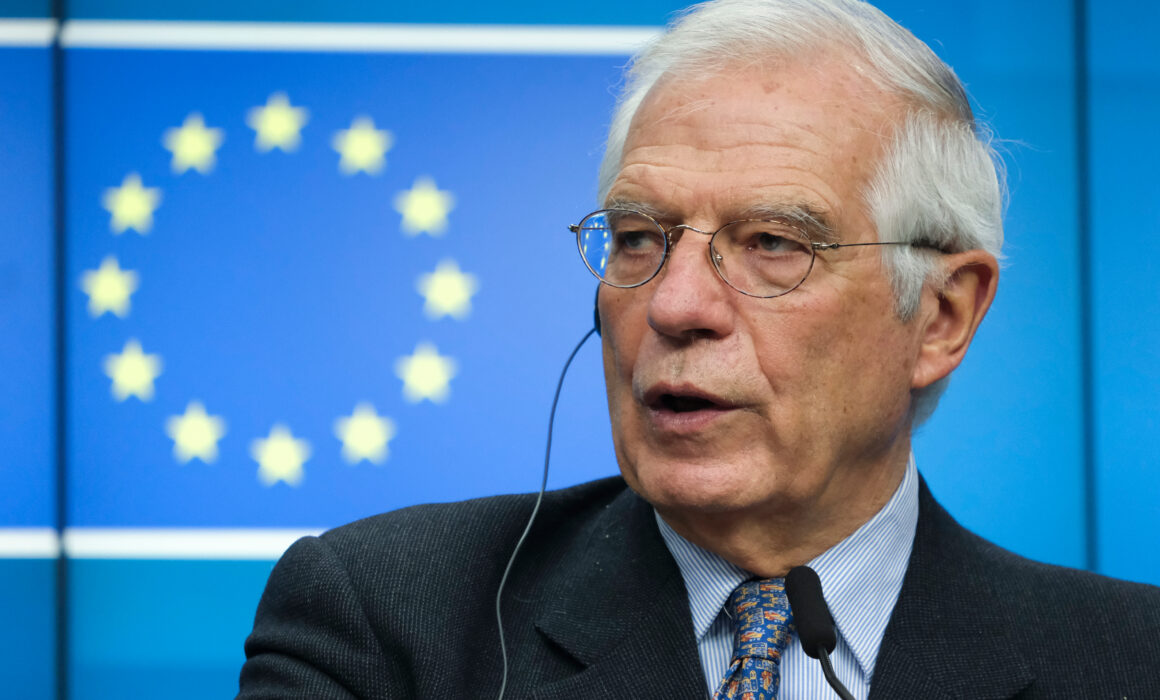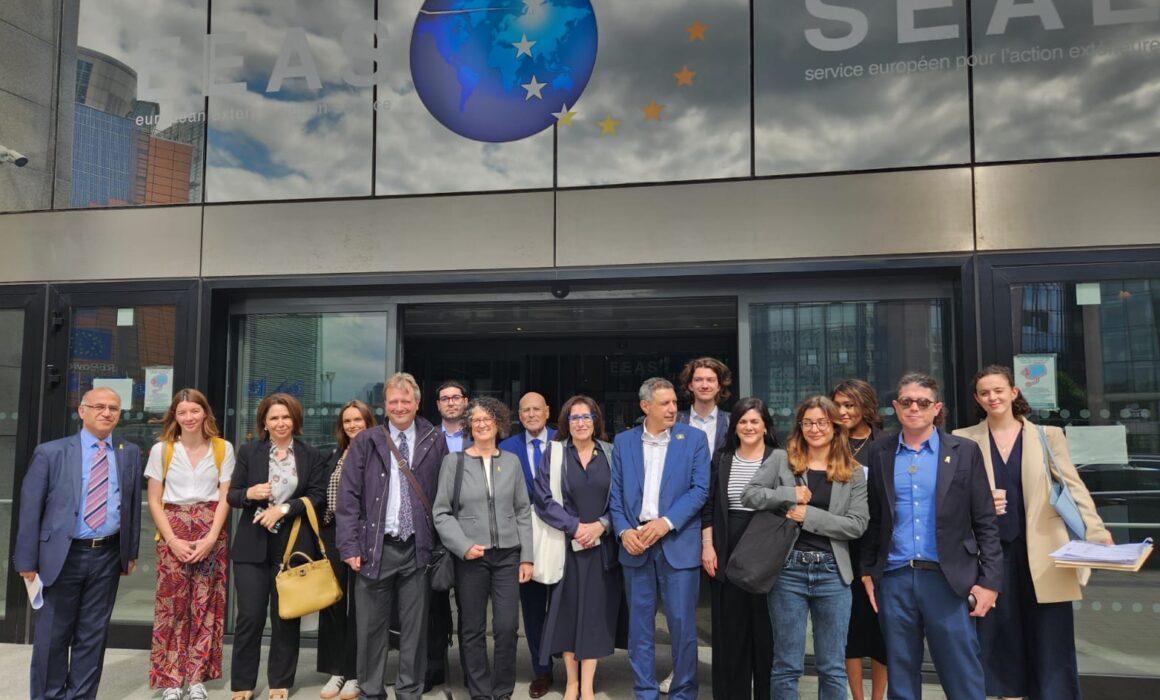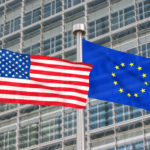EU Watch spoke with European diplomat Balázs Gargya who is in charge of human rights issues in China at the European External Action Service.
Mr. Gargya, what changed in EU-China relations since the war in Ukraine?
What marked the recent years of EU-China relations is the publication of the “EU-China – Strategic Outlook” Joint Communication of March 2019. It established a realistic and robust framework for EU-China relations. Realistic because it reflects the multifaceted nature of this relationship. China is simultaneously a partner, a competitor and a rival to the EU. There is indeed an obvious and clear systemic rivalry between the EU and China. We have a very different model of governance; we subscribe to very different sets of values.
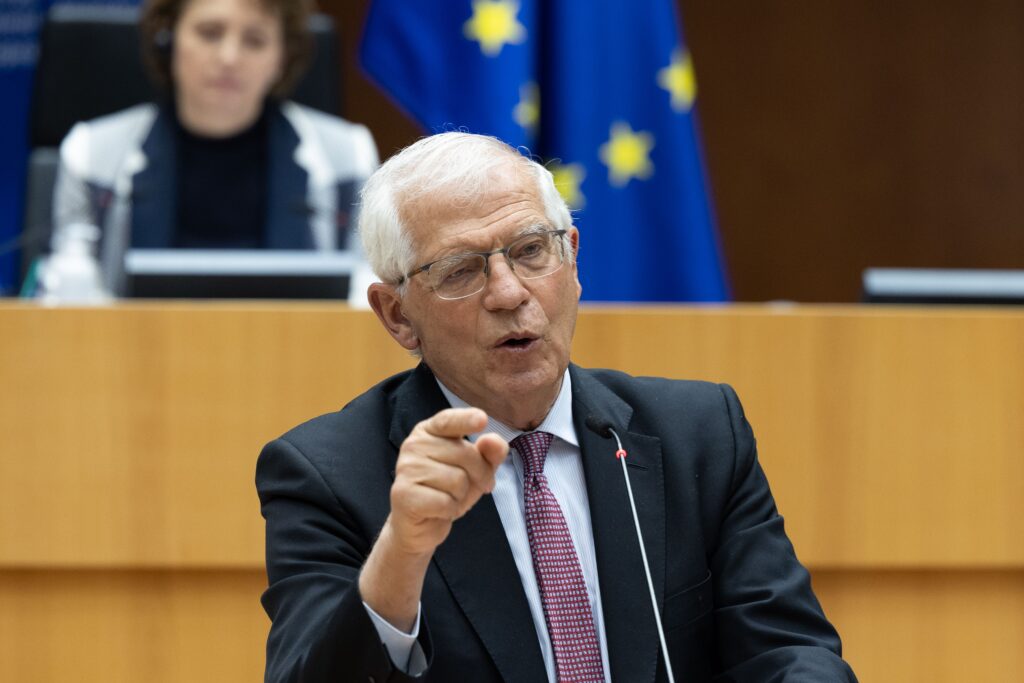
What has that meant in practical terms?
I can identify two important dates: On 22 March 2021, the EU imposed sanctions against four Chinese individuals and one entity. This was done under the EU Global Human Rights Sanctions Regime, particularly because of human rights violations in Xinjiang province, against persons belonging to the Uyghur minority there. On the same day, China imposed countermeasures against the EU which were broader and escalatory. This has had an impact on EU-China relations.
Then there was February 2022, when Russia and China made a joint statement and pledged “unlimited friendship” between one another. In light of the war in Ukraine, which started a few days later, the EU really is concerned by the fact that China, a permanent member of the UN Security Council, has not condemned Russia’s war against Ukraine.
These two elements can be attributed to the systemic rivalry facet that forms part of EU-China relations. Out of the three facets mentioned earlier, the systemic rivalry dimension and competition are clearly gaining importance and becoming more visible, too. I think this is important. Notwithstanding this, I would highlight that the EU’s multifaceted approach to China remains valid; it has been reaffirmed by the European Council.
Xi Jinping has been reelected as China’s undisputed leader. During the party congress, Xi addressed a number of topics. What can this congress tell us about the future of EU-China relations? What do you expect of Xi’s third term?
Of course, the EEAS followed the 20th National Congress of the Chinese Communist Party. We saw the list of the old and new Chinese leaders; we also saw that Xi Jinping, in his capacity as General Secretary of the Chinese Communist Party, received a third mandate. We took note of the changes in the Politburo and the Central Committee of the Party. Some decisions of the congress will only be announced in the coming weeks and months. So, we need to wait and see the full scale of decisions that were taken. However, I don’t think that the outcome of the Party Congress will trigger a change in the EU’s multifaceted approach towards China.
"It has become very clear that if favourable circumstances were to arise, Xi Jinping will ignore international law and attack Taiwan, as much as Vladimir Putin has attacked Ukraine."
— EU Watch (@EUWatchBrussels) October 27, 2022
Part 2 of the EU Watch interview with MEP @bueti on #China and #Taiwanhttps://t.co/Sii3aN61QD
Has Xi Jinping become more assertive towards the EU? Is Chinese foreign policy more confident and bolder than previously?
The EU certainly sees a more assertive China on the global scene. That does not only concern the EU: Chinese confidence and growing assertiveness are visible on a global scale.
Do you think the EU has an ambiguous stance concerning the “One-China” policy when it entertains relations with Taiwan?
There is no ambiguity on the EU’s One-China policy. The EU’s One-China policy is something that is defined by the EU, not by others. Simply put, it means that the EU recognises the government of the People’s Republic of China, in Beijing, as the sole government of China.
Notwithstanding, we maintain with Taiwan friendly relations and strong economic links, also in light of the fact that Taiwan is one of the leading economies in the world and is, for instance, a very important supplier of semiconductors and microchips. The EU has an Economic and Trade Office in Taipei. In the World Trade Organisation, Taiwan participates in its own right. The capacity of Taiwan to carry out trade and economic relations independently has thus been recognized internationally.
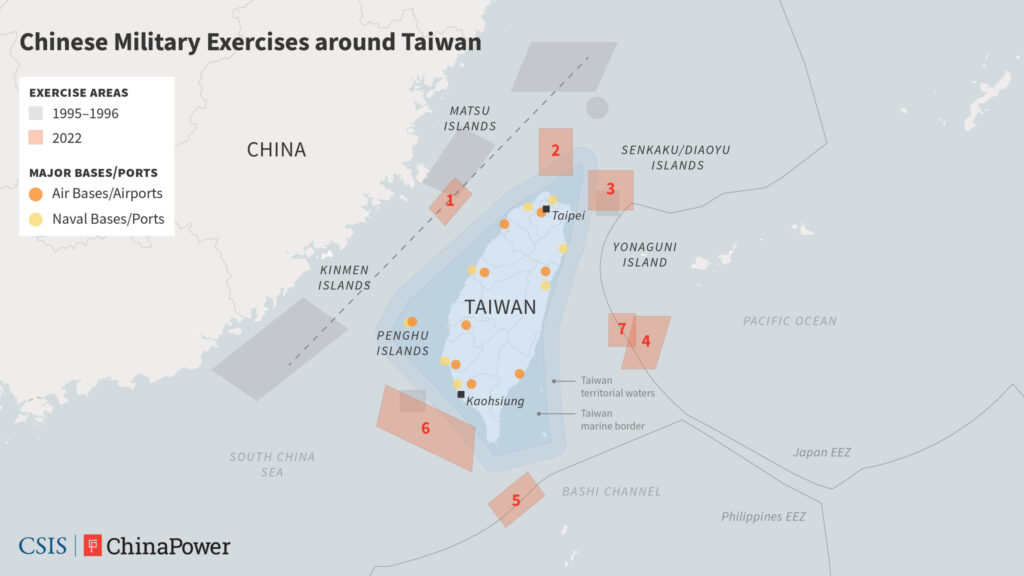
What is Taiwan for the EU: an entity, an independent country?
We are very clear that the EU will not establish full diplomatic relations or recognise Taiwan as an independent country.
Did the European Commission have China in mind when it drafted its recent proposal to ban products from the European market that are made with the use of forced labor? And more generally, how does the EU position itself on the issue of the Uyghurs?
The legislation on the forced labor ban has not yet been adopted. It is still a legislative proposal. And this proposal is not just meant to address forced labor in China, it is applicable all around the world and no specific product category, country or region is being singled out. If the proposal is adopted and if it is proven that there is forced labor in the Xinjiang province, then its provisions could of course become applicable.
The EU remains extremely concerned by possible human rights violations in Xinjiang, not only when it comes to forced labor but also because of the existence of a large network of so-called reeducation camps, because of mass surveillance and systemic restrictions of the exercise of freedom of religion or belief.
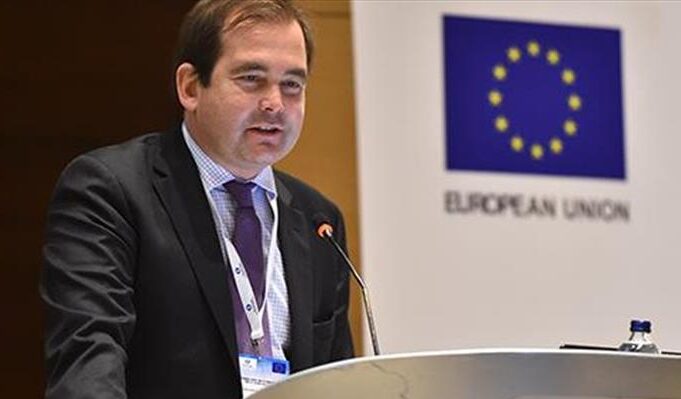
Mr Balázs GARGYA is in charge of human rights issues in China at the Asia and Pacific Department of the European External Action Service.
He has served as Head of the Trade and other EU Policies Section at the EU Delegation to Turkey, Ankara.
Gargya is an EU official since 2004.
The interview with the EEAS official was conducted by Nenad Jurdana and Arthur Duby.
Our most recent news
Register Now – Conference “Migration and Security: Safe Borders – Safe EU?”
EU Watch AISBL and HIAS Europe are delighted to invite you to our conference that is taking place on Monday, March 24 2025, at the Representation of the State of North-Rhein Westphalia to the EU, in Brussels.
EU: Taliban recognition hinges on full compliance with international norms
Read the response to our letter sent to EU foreign policy chief Josep Borrell regarding the EU’s Afghanistan policy and human rights issues, with a particular focus on Afghan women’s rights.
How the US election could shape Europe’s security future?
EU Watch interviewed Finnish politician Mika Aaltola, who serves for the first time as a Member of the European Parliament. We discussed the issues of the impact of US elections on Europe’s security, NATO and the EU enlargement.
‘Kaja Kallas is my hope for an EU that speaks with one voice’, says Austrian MEP Brandstätter
EU Watch interviewed Austrian politician Helmut Brandstätter, who serves for the first time as a Member of the European Parliament. We discussed the issues of Ukraine’s support, EU enlargement, migration and media freedom.

